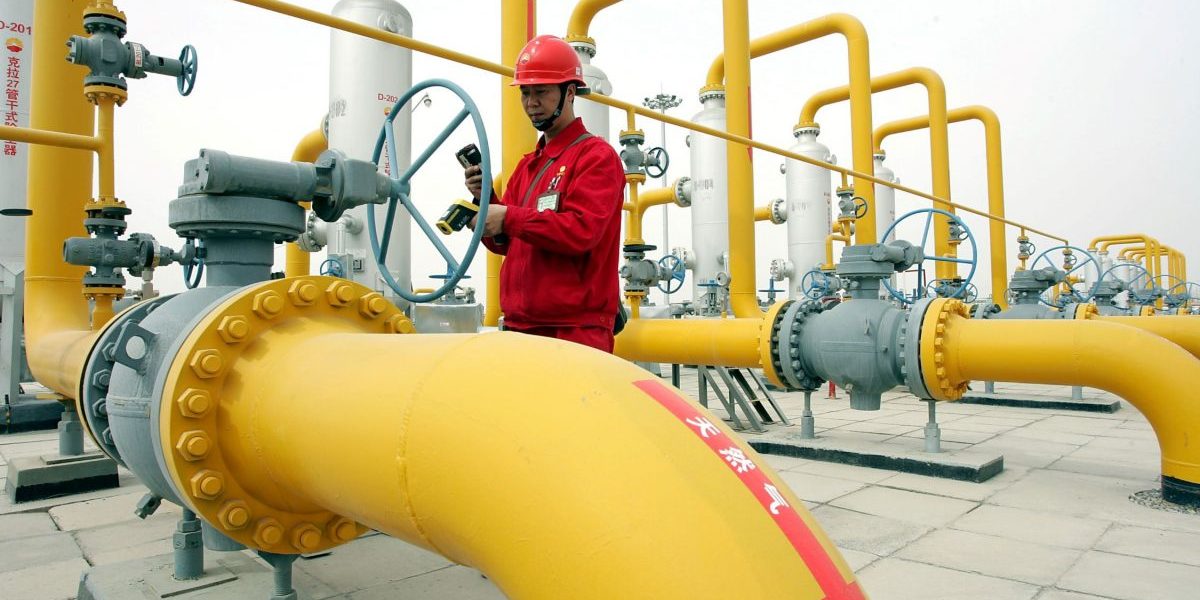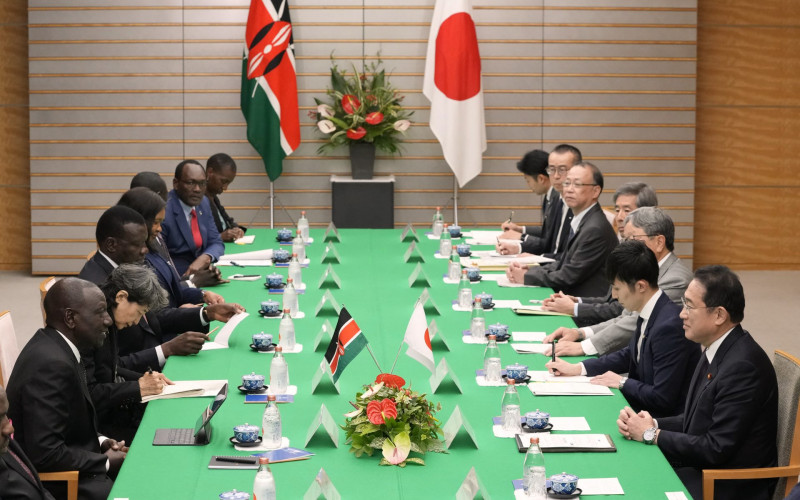Though the agreements pose differing risks to the two countries, both countries face similar governance issues in their relationship with China and their respective mining sectors. Our research examines and compares these governance issues and the social and environmental dilemmas linked to them through desk research and 25 virtual interviews with mining sector stakeholders in the two countries. Our analysis suggests that improving transparency, regulatory enforcement, and feedback mechanisms between local communities, firms, and government can ensure that mining investments through naturalresource
for
infrastructure agreements are socially, economically, and environmentally sound.







